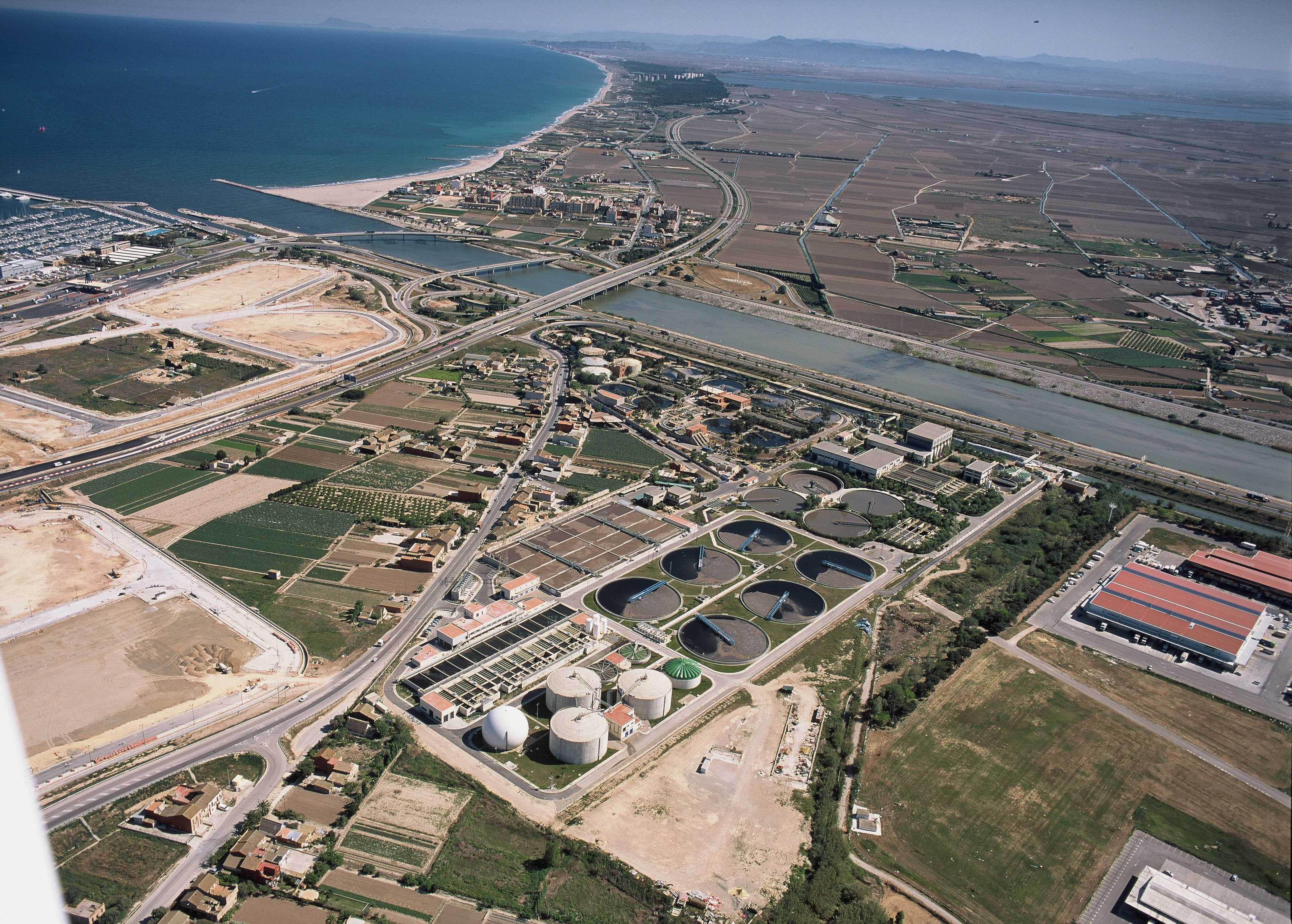
A study by the University of Valencia, the Spanish National Research Council (CSIC) and the Public Entity of Sanitation of Waters of the Valencian Community has detected genetic material of the SARS-CoV-2 coronavirus in untreated wastewater from the Valencia metropolitan area previous to February 24, the date on which the first Valencian case of COVID-19 was known. The remnants of the virus disappeared after the water treatment, as the analysis confirm. To monitor and detect genetic material of the virus in this type of water, the Ministry of Agriculture, Rural Development, Climatic Emergency and Ecological Transition of the Valencian Government has proposed an agreement with the University of Valencia, the Jaume I University of Castellón and the Miguel Hernández University.
Pilar Domingo and Rafael Sanjuán, from the Institute for Integrative Systems Biology (I2SysBio), a joint centre of the University of Valencia and the CSIC, are part of the research team leading this study, together with Glòria Sánchez and Walter Randazzo of the Institute of Agrochemistry and Food Technology (IATA), a CSIC centre. The study has been carried out with samples taken from the Pinedo 1, Pinedo 2 and Quart-Benàger wastewater treatment plants in the Valencia metropolitan area managed by EPSAR, from February 12 to April 14. The results, published in the open Medrxiv repository, indicate that the virus was already circulating in the Valencian territory before February 24, when the first case of COVID-19 was diagnosed in the Valencian Community. These observations confirm the results of the analysis of the virus genomes that indicate the arrival of the disease in February.
In this sense, the Department of Agriculture, Rural Development, Climatic Emergency and Ecological Transition has promoted a collaboration agreement with the University of Valencia, the Jaume I University of Castellón and the Miguel Hernández University for the creation of a monitoring and detection program of the presence of genetic material from the SARS-CoV-2 coronavirus in untreated wastewater in the territory of the Valencian Community.
In the absence of a vaccine or an efficient treatment, the epidemiological surveillance strategy and the molecular analysis of untreated wastewater is a sensitive and effective tool to design public policies against possible outbreaks of COVID-19, explained Domingo and San Juan.
It should be noted that the analysis of the samples taken after the treatment of the waters in the three treatment plants were negative, a fact that confirms the effectiveness of the treatments implanted in the waste water treatment plants in Valencia.
Rafael Sanjuán and Pilar Domingo belong to the I2SysBio Experimental Evolution of Viruses group (i2sysbio.uv.es/rsanjuan) and their research is supported by the European Research Council (ERC), the Ministry of Science and Innovation and the Valencian Government.











